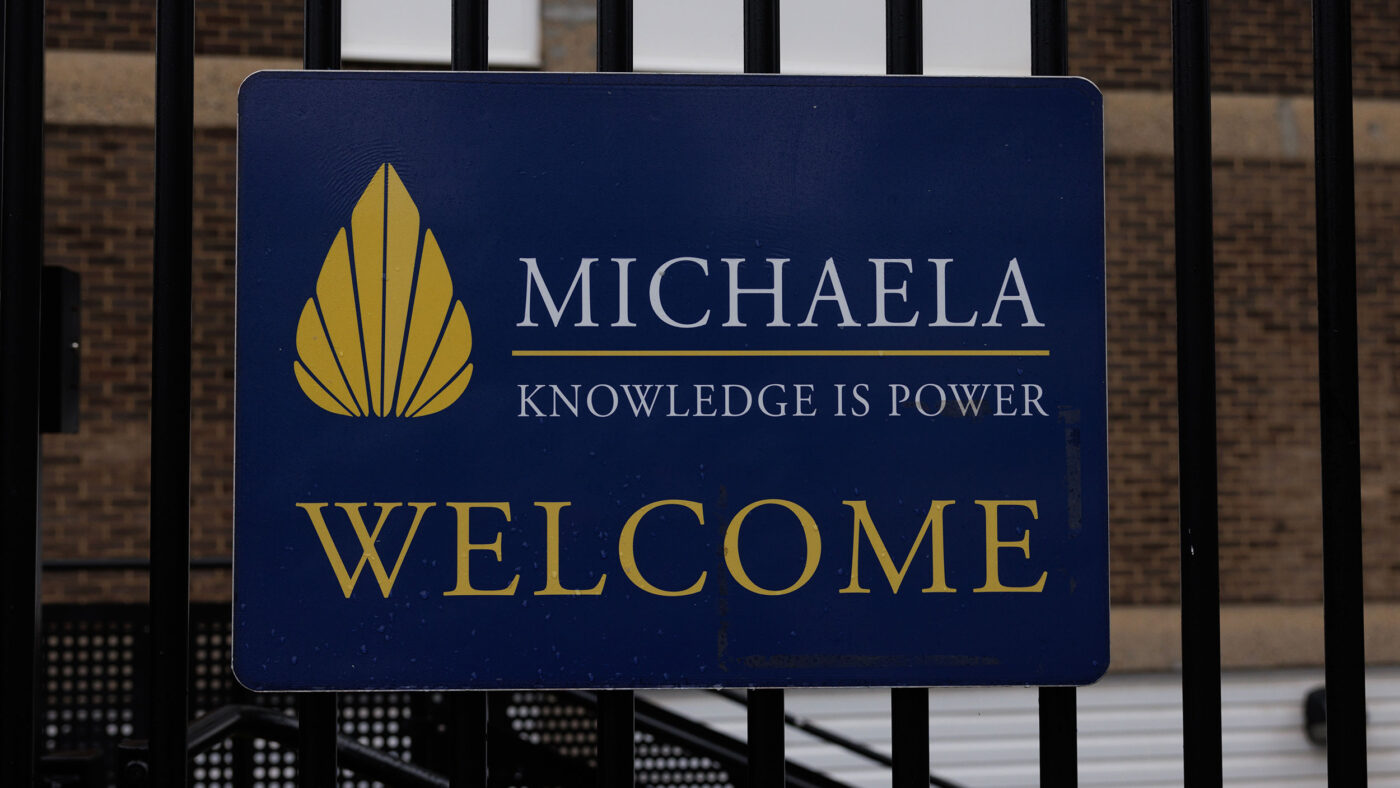The ban on ‘prayer rituals’ at the high-performing Michaela Community School led by the so-called ‘strictest headmistress in Britain’ – Katharine Birbalsingh – is currently being decided on in the courts, with the ruling bound to have wider implications for religious accommodation in the English education system.
Birbalsingh has justified the ban on the grounds that the school does not have the physical structure and capacity to accommodate a prayer room (which would ultimately be created for more observant Muslim pupils), along with the fact that there have been instances where students have intimidated peers to coerce them into participating in religious activities. These are not only reasonable grounds for the ban – intimidation and harassment at a non-faith free school should be a matter for the police (however uncomfortable they may be intervening in so-called ‘community issues’).
Some have sought to frame the court case as a ‘trial’ between the British secular state and Islam. It is worth noting that Britain doesn’t technically have a secular state, considering that it has an established Church with the King as its Supreme Governor. This is further underlined by the existence of the Lords Spiritual – with 26 diocesan bishops and archbishops of the Church of England sitting in the unelected upper house of the UK Parliament.
While there has been a rapid process of ‘de-Christianisation’ in Britain over the course of the 21st Century, we are not a secular society (in fact, we are becoming a more religiously diverse one). Britain is not France, where laïcité – the constitutional principle of secularism – forms the basis for an uncompromising republican universalism (one which has experienced its fair share of struggles in terms of integrating Muslim communities). Contrary to the French Republic’s ‘colour-blind egalitarianism’ (which has bred a mainstream political reluctance to acknowledge very real forms of racial and religious discrimination), Britain is home to some of the strongest anti-discrimination protections in the world, with race and religious belief both enshrined as protected characteristics in existing equalities legislation.
Britain is a land of considerable religious freedoms – far more so than militant-secular France. It is no surprise that a recent study by CREST advisory found that three-quarters of British Muslims believe that Britain is a good place to live (with freedom to practise one’s religion provided as the primary reason). This freedom is extended to the point that there are Muslim free secondary schools (designated as faith schools) across Britain – in major cities such as London, Birmingham, and Manchester, the Berkshire town of Slough, and Lancastrian towns such as Blackburn, Bolton, and Preston.
There are many Muslim parents who appear to be perfectly happy to send their children to Michaela school (which is not a designated faith school and is led by a headmistress who is remarkably transparent over how she runs the institution). Indeed, the percentage of Michaela’s pupil population has increased by 50% since its inception – with families attracted by its outstanding exam results and hard-nosed disciplinarian approaches. For Muslim parents who want their children to follow strict forms of religious observance, then a faith school (state or private) may be a more suitable option. The good thing about Britain’s integrationist model is that they can make that choice.
While I do believe that forms of religious accommodation should be encouraged in a pluralistic society such as ours, it is vital that they are not exploited by ‘hardliners’ who wish to coerce others into religious participation. If this takes place, then those in charge will have to intervene in a way they see fit. From a localist perspective, if the British state supports the existence of free Islamic faith schools, then it is only fair that this support is replicated in the case of a high-performing free school which has a different ethos which may not be rooted in faith.
The court ruling, whichever way it goes, will have fundamental consequences when it comes to the freedom and autonomy of headteachers across the land – everyone who cares about social cohesion and community relations should watch closely.
Click here to subscribe to our daily briefing – the best pieces from CapX and across the web.
CapX depends on the generosity of its readers. If you value what we do, please consider making a donation.


